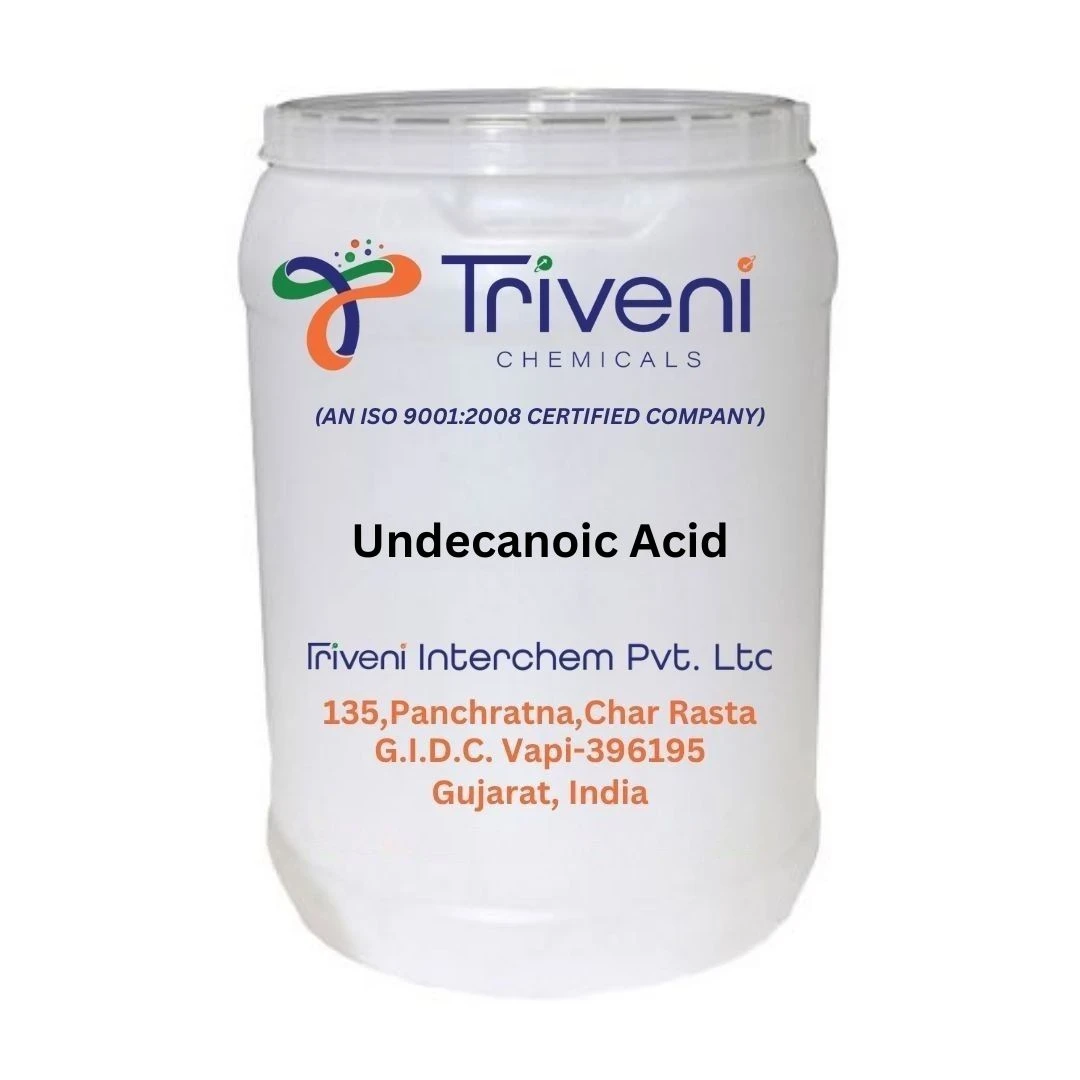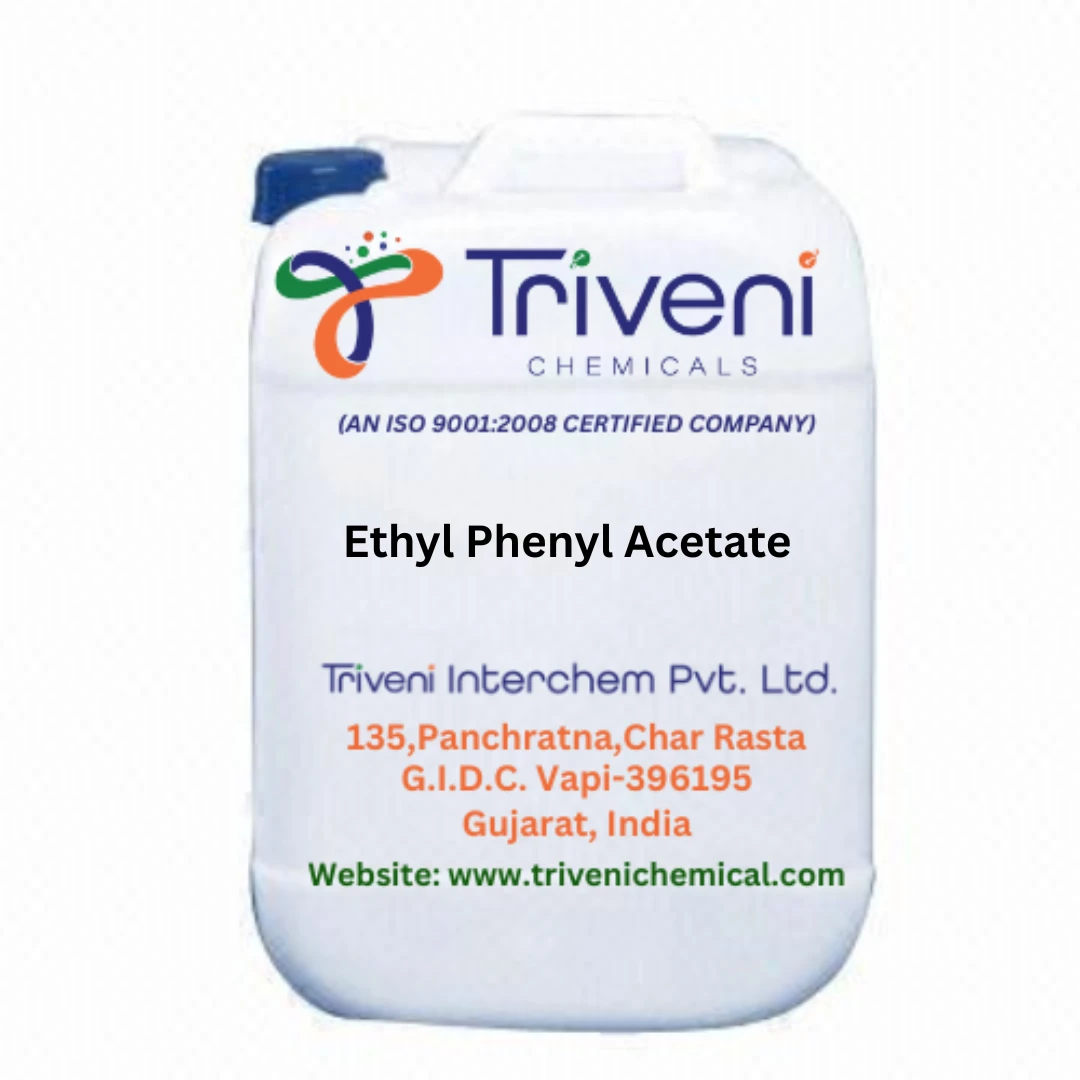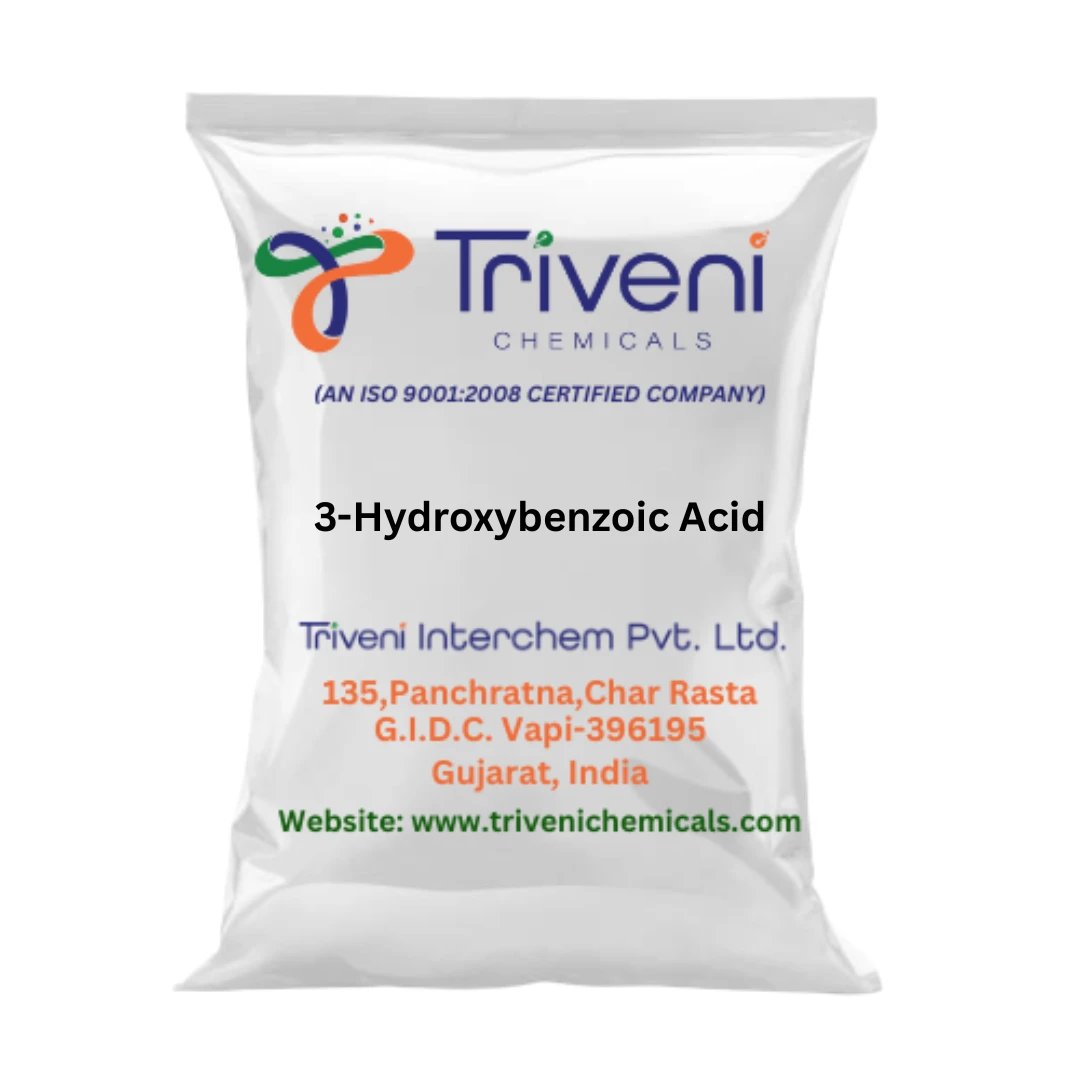Essential ingredients in a variety of products, fragrances and flavorings improve the sensory appeal and user experience. These agents are widely used in the food, beverage, and cosmetics sectors. They can be manufactured synthetically or organically.Fragrances: Complex blends of aromatic essential oils, fixatives, solvents, and aroma compounds are used to..
Essential ingredients in a variety of products, fragrances and flavorings improve the sensory appeal and user experience. These agents are widely used in the food, beverage, and cosmetics sectors. They can be manufactured synthetically or organically.Fragrances: Complex blends of aromatic essential oils, fixatives, solvents, and aroma compounds are used to create perfumes, which are utilized to give the human body, objects, and interior spaces a pleasing scent. Ancient civilizations utilized natural elements like flowers, spices, and resins to make aromatic mixtures, which is where the art of perfumery originated. However, synthetic compounds that mimic natural scents or create wholly new fragrances are frequently used in modern perfumery.Generally, perfumes are divided into several groups according on the amount of aromatic chemicals they contain:The most potent and persistent type is perfume (parfum), which has 20–30% aromatic components.Eau de Parfum (EdP): 15-20% aromatic components, slightly less concentrated.Eau de Toilette (EdT): 5–15% aromatic components; lighter than EdP.The least concentrated, with 2-5% aromatic chemicals, is EdC, or eau de cologne.It takes careful blending of top, middle, and base notes to create a scent. Top notes are the first, ephemeral smells that are noticed when applying makeup; middle notes appear when the top notes fade; and base notes give the final, lingering perfume.Agents of Flavor: Foods and drinks can have flavoring agents added to them to improve their flavor and scent. These can be artificial substances that imitate natural flavors or natural extracts from plants, animals, or minerals. Three primary categories of flavoring compounds are distinguished:Natural Flavoring Ingredients: Derived from organic materials such fruits, vegetables, spices, and herbs.Nature-Identical Flavoring Substances: Made artificially to mimic natural flavors chemically.Artificial Flavoring Substances: synthetic substances that mimic natural flavors but are not found in nature.In the food sector, flavoring agents are essential because they enhance product palatability, cover up off-putting flavors, and restore lost flavor during processing. They are found in many different products, such as dairy, sweets, baked goods, beverages, and savory meals.Safety and following rules are crucial in both flavoring and fragrance. To guarantee the safe use of these agents in consumer products, organizations like the Food and Drug Administration (FDA) and the International Fragrance Association (IFRA) offer standards and rules.Perfumes and flavorings generally greatly improve the sensory aspects of goods, which increases their allure and commercial viability.





